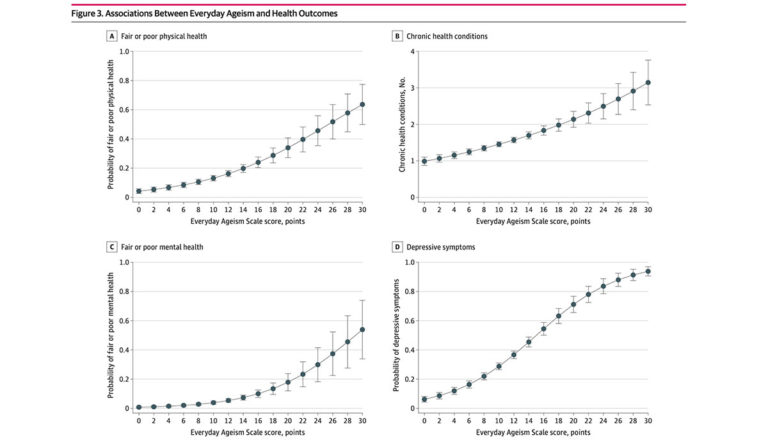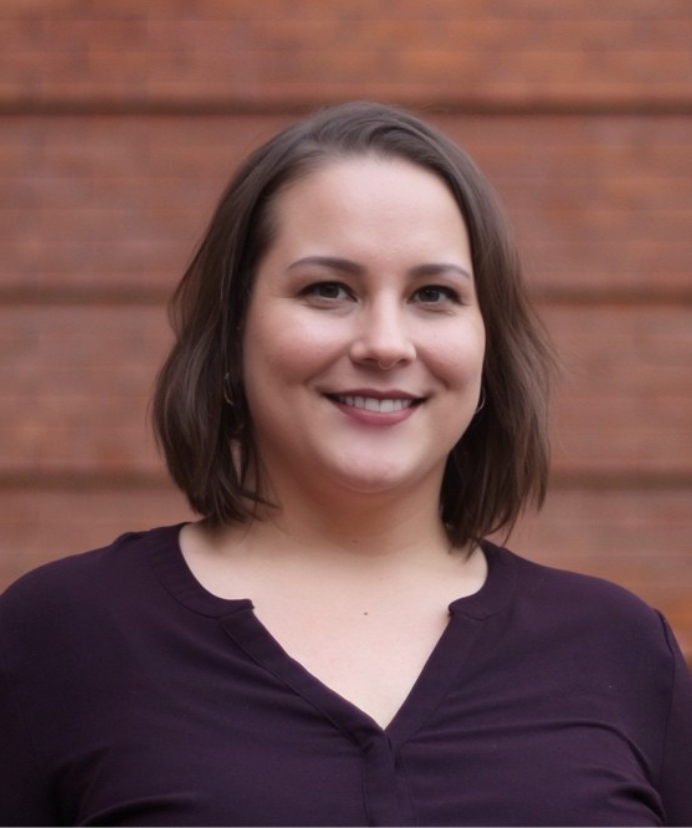Consequences of Ageism
Adults ages 50 to 80 experienced ageism which affected their health, researchers found in a recent survey.

Read Time: 2 minutes
Published:
From being surrounded by advertisements for anti-aging products, to older people often being targeted in company layoffs, ageism is still a common and fairly-tolerated form of discrimination in American society.
Similar to other types of discrimination, experiencing age-based discrimination can affect health. Less research has been conducted on how an accumulation of everyday experiences of ageism and ageist microaggressions affect health and wellness. Julie Allen and colleagues asked survey respondents ages 50-80 how often they experience minor incidents of age-based discrimination on a daily basis, and to rate their physical and mental health.
The survey included agree/disagree questions to measure how ageism is experienced in messaging or advertisements, interactions with others, or through internalized negative beliefs about old age. Some questions were “I hear, see, or read jokes about old age, aging, or older adults,” “People assume I have difficulty with cell phones and computers,” and “Having health problems is part of getting older.”
Among more than 2,000 respondents, 93% reported they experience one or more forms of ageism on a daily basis with the most common being internalized negative assumptions about aging. As seen in the above graphs, the more a respondent experienced age-based discrimination on a daily basis, the more likely they were to report poor physical and mental health, chronic conditions, and symptoms of depression.
The fear and stigma society has about aging have contributed to a normalized form of discrimination. More attention has been brought to ageism in recent years, and some ad campaigns are creating more positive messages around aging to help break down the stigma.
If there is one truth in life, it is that everyone ages. Rather than obsessing over the natural process of getting older, shifting societal attitudes to recognize the power in aging could break down harmful misconceptions.
Databyte via Julie Ober Allen, Erica Solway and Matthias Kirch. Experiences of Everyday Ageism and the Health of Older US Adults, JAMA Network Open, 2022.



